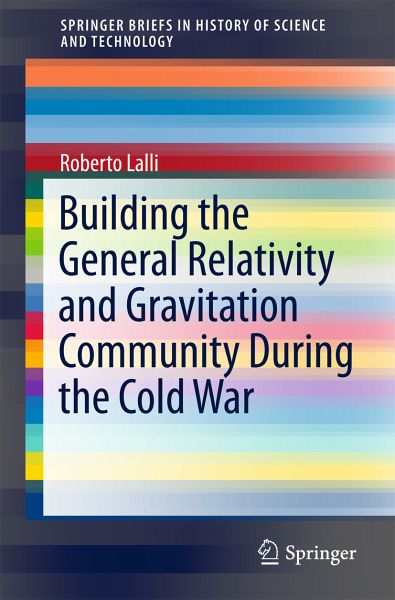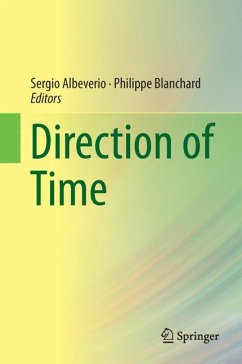
Building the General Relativity and Gravitation Community During the Cold War (eBook, PDF)
Versandkostenfrei!
Sofort per Download lieferbar
48,95 €
inkl. MwSt.
Weitere Ausgaben:

PAYBACK Punkte
24 °P sammeln!
Provides a new perspective on the history of general relativity
Examines the attempt to build an institutional framework for international scientific cooperation during the Cold War
Investigates the influence of political factors in the evolution of a scientific field
Examines the attempt to build an institutional framework for international scientific cooperation during the Cold War
Investigates the influence of political factors in the evolution of a scientific field
Dieser Download kann aus rechtlichen Gründen nur mit Rechnungsadresse in A, B, BG, CY, CZ, D, DK, EW, E, FIN, F, GR, HR, H, IRL, I, LT, L, LR, M, NL, PL, P, R, S, SLO, SK ausgeliefert werden.












